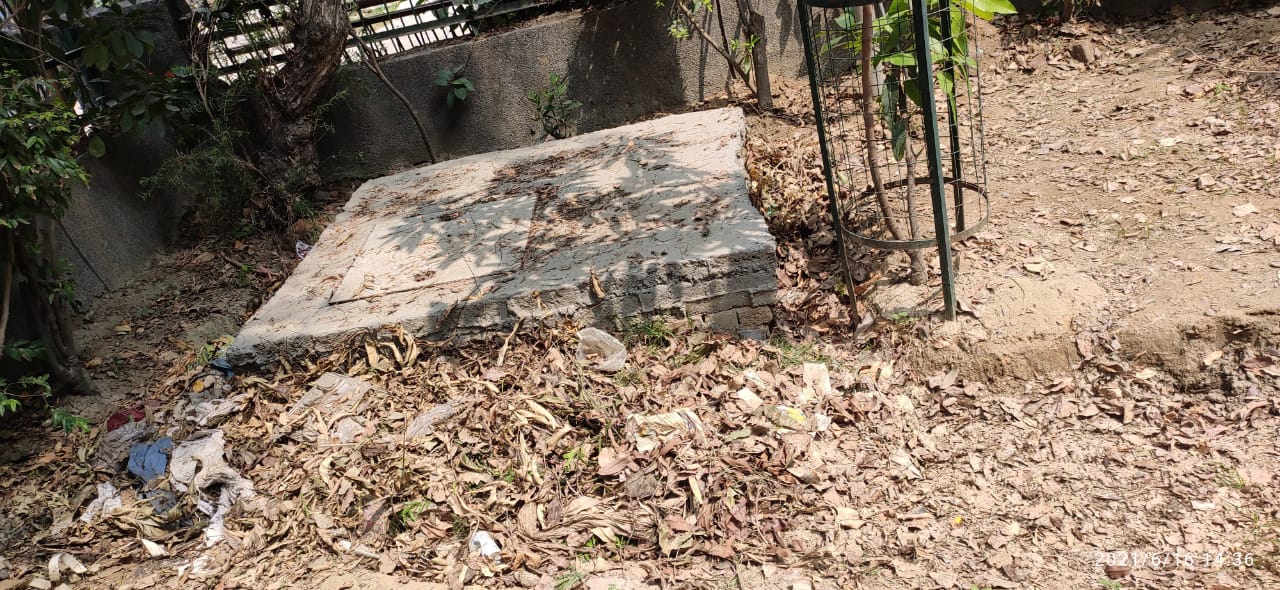Tips for Effective Waste Management

- Oct 07 2020
- by GCI Desk
Introduction
India’s urban population creates more than 60 million tonnes of waste annually, with the metropolitan cities contributing about 10 million tonnes daily. India’s landfills are slowly overflowing as almost 70% of urban waste heads over here. It would take nearly 3 million trucks to stack the daily waste generated by the urban population of India, and if stacked together these trucks would cover almost half the distance between the earth and moon.
A major reason for India’s cities turning into pollution bombs is poor waste management, and it is only likely to get worse. Thus, it is the duty of housing societies all over the country to contribute towards effective waste management techniques. Mentioned below are the little things that each RWA can do to and immediately implement to help save the country.
How?
1. Segregation of waste
This is currently the most important and widely adopted strategy used by RWAs all over the country. You must ensure that there is a system in place to separate dry waste and wet waste. The dry waste can be sent for recycling while the wet waste can be used as a composite, since it decomposes much faster. Households can be encouraged to do this at home, or something as simple as different colored bins around each housing society to encourage residents to segregate between the two.
2. Drainage of liquid waste
The residents must be educated and instructed to not include any liquid waste such as spoiled milk or curries in their waste bins. While the garbage is being disposed, this usually leads to spilling of the liquid waste, and this leads to the growth of flies, insects and various other pests. To ensure basic cleanliness, an RWA must ensure that residents drain the liquid waste rather than throw it in garbage bags.
3. Cleanliness of common areas
Even though this is a practice currently followed by most housing societies, it cannot be left out. One must ensure regular sweeping of areas such as the play areas, near amenities, main entrance and more. An RWA must also place sufficient amount of bins all over the society to avoid residents throwing garbage on the ground. These bins must be emptied routinely, as once they overflow then the trash will find itself on society premises instead.
4. Stricter actions against defaulters
Residents will not change their actions until and unless they face consequences for their actions. Those seen littering, spitting, throwing away liquid waste and other offences must be fined or disciplined in another way to ensure they do not repeat themselves. Such defaulters should be addressed and made aware of to the other society members as well, so they are forced to changed their wrong habits.
5. Encourage the use of bio-degradable and eco-friendly products
A co-operative housing society must encourage the use of such products, especially to the youth of today. Bio-degradable products can easily be decomposed after use. Eco-friendly products on the other hand are more sustainable to use, and help avoid pollution and harmful effects to the environment. They further improve the quality of life of users.
Conclusion
There are numerous initiatives that an RWA can take up for effective waste management, and the above are just little things that one can ensure to contribute to society. Some points might seem small and insignificant, but imagine the effect when every single resident of your society will put efforts into ensuring the same. The outcome will be massive and very beneficial. India’s woes for waste management are rapidly growing and become more worrying, and we must act now.
About the author: Sahil is currently a marketing associate at Blockchain Founders Fund, a VC for early-stage emerging tech startups. Other than sustainable solutions, Sahil also writes on artificial intelligence, blockchain technology, and cryptocurrency.

LEAVE COMMENT HERE
COMMENTS (0)
No comment yetLATEST ARTICLES
-

-
 Saving water one drop at a time
Saving water one drop at a time- Oct 07 2020
-
 Lifestyle changes for sustainable living
Lifestyle changes for sustainable living- Oct 07 2020
MOST POPULAR ARTICLES
-
 A primer for RWA office bearer
A primer for RWA office bearer- Oct 07 2020
-
 Why is a RWA registration important?
Why is a RWA registration important?- Oct 07 2020
-
 MAKING YOUR SOCIETY AGE-FRIENDLY
MAKING YOUR SOCIETY AGE-FRIENDLY- Oct 07 2020